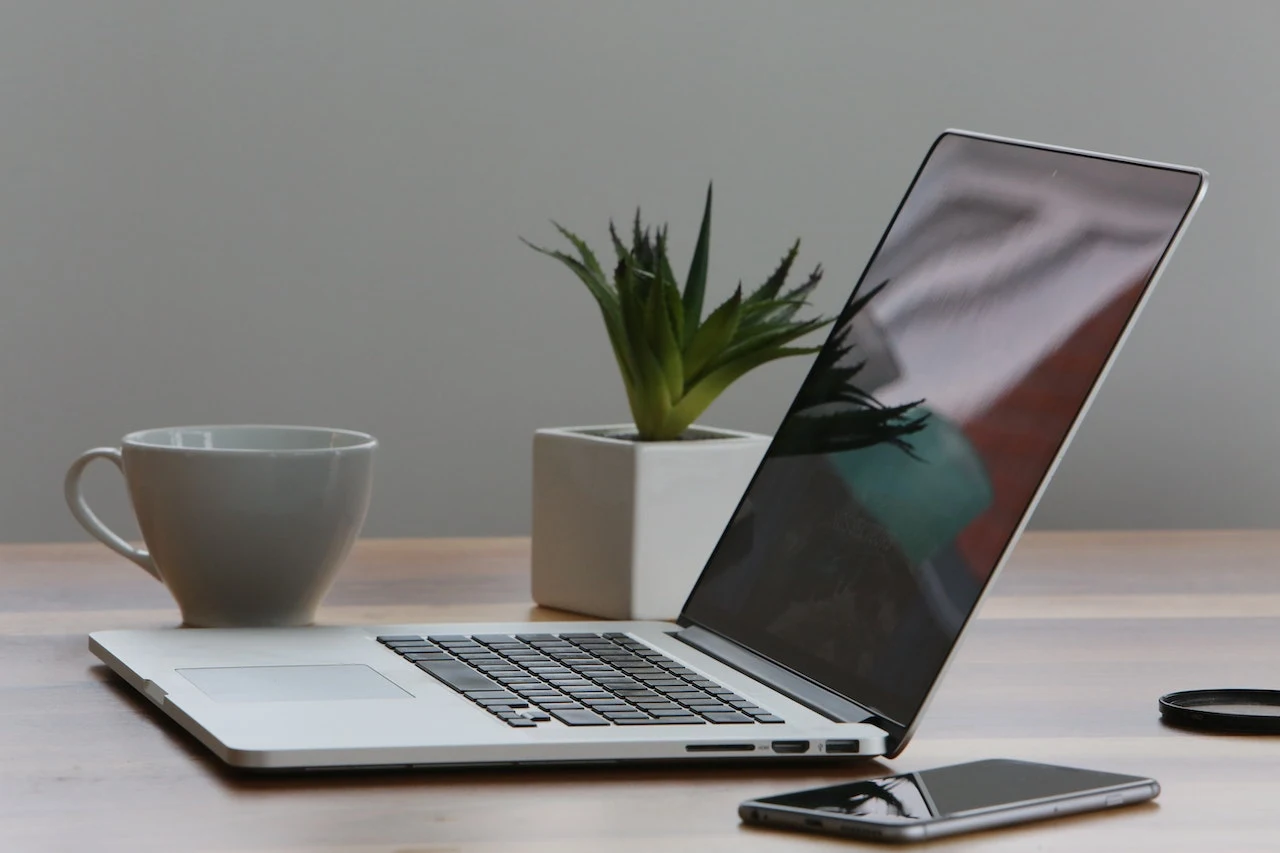The Future of Laptops: Predictions and Trends
The future of laptops is ultraportable, AI-enhanced, flexible screens, 5G connected, environmentally friendly, immersive, secure, and modular. The future holds interesting events!
1. Ultra-Portability and Form Factors
The persistent quest of ultra-portability and novel form factors is one of the most important trends influencing the future of laptops. The goal of manufacturers is to make computers that are exceedingly thin, light, and portable. In the near future, consumers will be able to enjoy bigger screen real estate while preserving compact proportions for travel. Imagine a laptop that can be folded into a pocket-sized device or rolled up like a magazine, revolutionizing the way we perceive portability.
2. Flexible and Eco-Friendly Materials
More environmentally friendly materials will probably be used in the manufacture of laptops in the future, in keeping with the growing emphasis on sustainability. To lessen the environmental impact of laptop production, manufacturers are looking into alternatives including bioplastics, repurposed metals, and environmentally friendly textiles. Additionally, incorporating flexible and robust materials will increase the resilience of laptops, improving their suitability for various settings and usage circumstances.
3. 5G Connectivity and Beyond
A key factor in the development of laptops is seamless connectivity. Wi-Fi and 4G LTE have gotten us closer to always being connected, but 5G technology integration will really change the game. Future laptops with 5G modems will allow for extremely high download and upload rates, reduced latency, and reliable connectivity even in crowded regions. Real-time collaboration, excellent video conferencing, and improved cloud-based services will all be made possible by this development.
4. AI-Powered Performance
AI has the potential to revolutionize the way computers function and adapt to user needs. By examining usage patterns and changing the allocation of power as necessary, AI algorithms will maximize performance. This translates to longer battery life and lower total power usage as laptops become more energy-efficient. Voice and gesture recognition, for example, are AI-driven capabilities that will improve user engagement and give users a more tailored computing experience.
5. Immersive Displays and Interaction
A new era of immersive displays and interaction techniques will probably arrive with the arrival of laptops in the future. OLED technology, greater refresh rates, and bezel-less screens will produce dazzling graphics and fluid animations. Additionally, improvements in the integration of augmented reality (AR) and virtual reality (VR) will turn laptops into platforms for immersive experiences, obfuscating the boundary between the virtual and real worlds.
6. Enhanced Security and Privacy
Security and privacy are important priorities due to the growing amount of sensitive data being stored on laptops. Future laptops will feature more advanced biometric authentication technologies, such as retina scanning and facial recognition, to guarantee that only authorized users can access the device. Additionally, data will be protected against unauthorized access and cyber-attacks by hardware-based encryption and enhanced security processors, giving users more assurance.
7. Revolutionizing Input Methods
Beyond the use of conventional keyboards and touchpads, our interactions with computers are developing. Touchscreens are becoming more adaptable, allowing precision note-taking and pen sketching. In addition, when haptic feedback technology advances, users will be able to experience physical sensations when interacting with virtual objects on screens. This development may completely alter how we use laptops for business and content creation.
8. Longer Battery Life and Efficient Charging
Although battery technology has advanced significantly, the future holds the potential of even longer battery life and more effective charging techniques. In order to accommodate users who are constantly on the go, improvements in energy storage and management will result in laptops that can run for days on a single charge. Rapid charging solutions will also minimize downtime and guarantee that customers can immediately resume work or play.
9. Edge Computing and On-Device AI
In terms of processing duties, laptops will become more independent as AI capabilities increase. Laptops will be able to carry out AI-driven operations locally thanks to edge computing, which includes processing data closer to the source rather than relying on cloud services. As a result, responses will be given more quickly, privacy will be improved, and tasks can be completed even without a reliable internet connection.
10. Modular and Upgradeable Designs
Technology-related trash culture is increasingly changing. It's possible that modular and upgradeable laptop designs will make a comeback in the future, enabling customers to swap out or upgrade certain parts like RAM, storage, and even processors. By extending the lifespan of computers, this method minimizes electrical waste and increases their sustainability and long-term cost-effectiveness.
Conclusion
In conclusion, the world of computers in the future is one that is teeming with innovation and game-changing opportunities. Laptops are expected to become more adaptable, powerful, and user-friendly than ever before thanks to advancements in everything from ultra-portability and sustainable materials to AI-driven performance and immersive displays. These forecasts and trends suggest that as technology develops, laptops will continue to be crucial tools in our increasingly digital lives, adjusting to our demands and influencing how we work, communicate, and travel.

